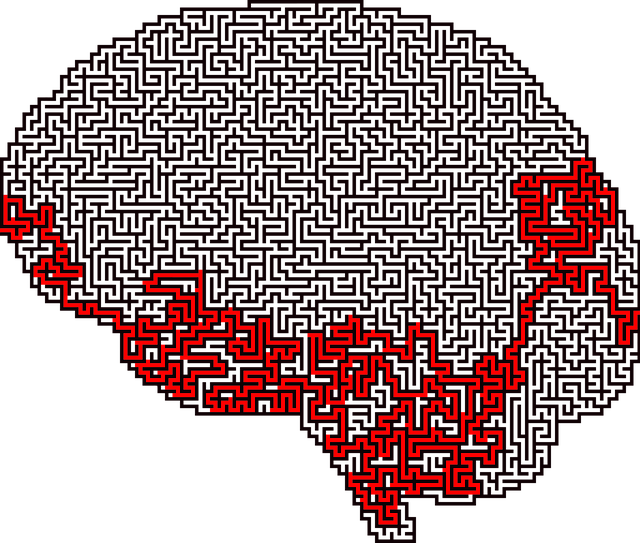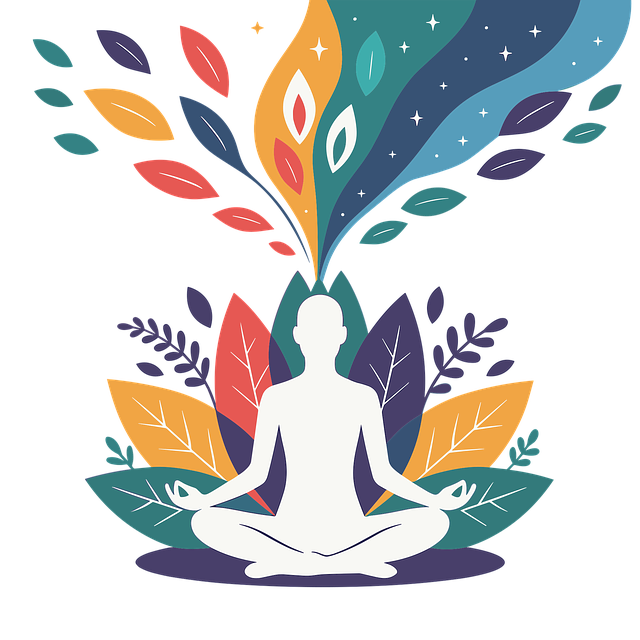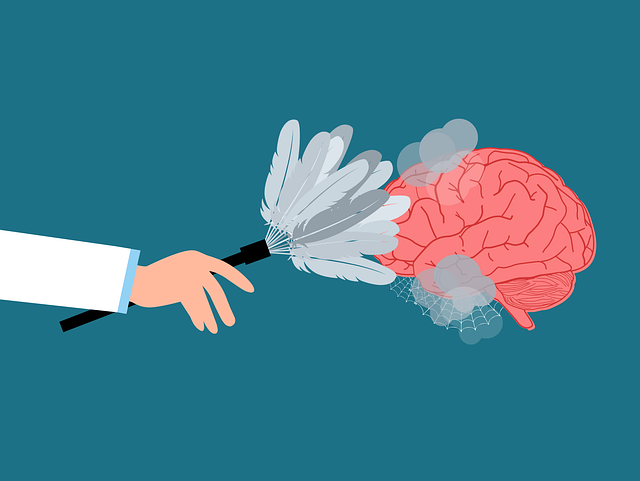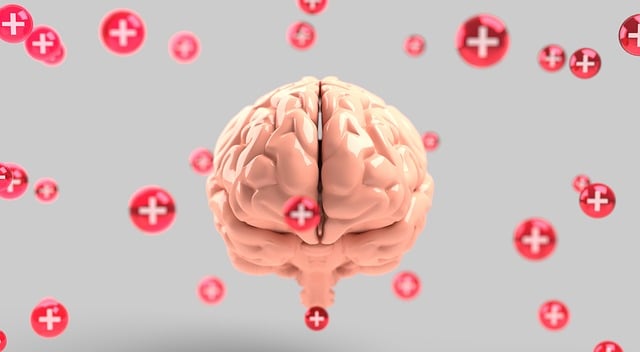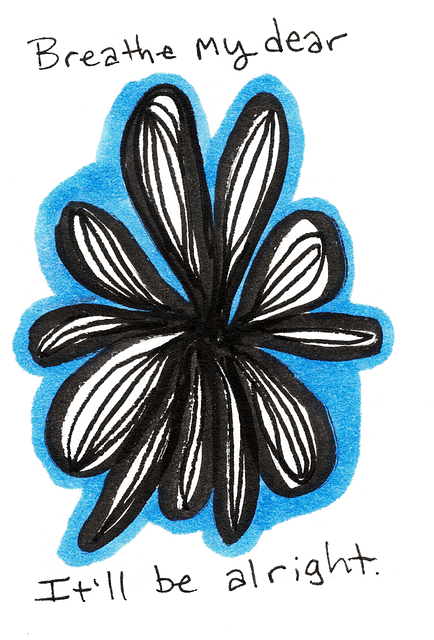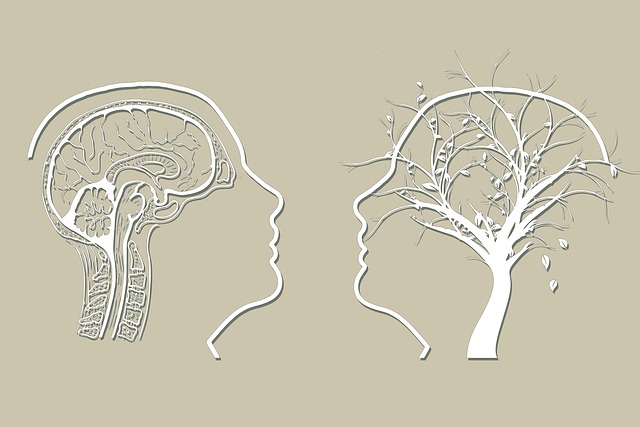Mental wellness is a critical aspect of elderly care, addressing unique age-related vulnerabilities to depression and anxiety in chronic illness management. Tailored therapy practices, including self-care strategies, cultural competency training, and early depression intervention, are key. Developing sensitive self-assessment tools specific to elders with chronic illnesses, integrated into therapy sessions, enhances mental wellness by enabling personalized treatments, building resilience, and empowering patients with coping mechanisms. The focus is on holistic care that considers age-related factors, leading to improved long-term outcomes for this demographic through effective mental wellness coaching.
Mental wellness self-assessment tools play a pivotal role in addressing the unique challenges faced by elderly individuals with chronic illnesses. This article delves into three key aspects: understanding mental wellness in this demographic, developing effective self-assessment tools, and integrating them into therapy practices to support elders managing chronic conditions. By employing a comprehensive approach, healthcare professionals can enhance patient outcomes and improve quality of life for seniors navigating mental health alongside physical ailments.
- Understanding Mental Wellness in Elderly Individuals with Chronic Illnesses
- Developing Effective Self-Assessment Tools: A Comprehensive Approach
- Integrating Self-Assessment into Therapy: Strategies for Practice and Support
Understanding Mental Wellness in Elderly Individuals with Chronic Illnesses

Mental wellness is a critical aspect of overall health, especially for elderly individuals living with chronic illnesses. As people age, they often face unique challenges that can impact their mental well-being, such as increased vulnerability to depression and anxiety due to physical limitations, social isolation, or the loss of loved ones. Recognizing these changes and providing appropriate support is essential to maintaining a healthy mind in older adults.
Understanding mental wellness involves acknowledging not just the absence of disorders but also the presence of positive emotional states and effective coping mechanisms. For elders with chronic conditions, therapy often focuses on adapting traditional practices to suit their needs. This may include self-care practices tailored for their specific health issues, ensuring accessibility and comfort during sessions. Additionally, healthcare provider cultural competency training is vital to address any cultural barriers and ensure the elderly feel understood and supported. Depression prevention strategies are also key, as early intervention can significantly improve long-term mental wellness outcomes.
Developing Effective Self-Assessment Tools: A Comprehensive Approach

Developing effective self-assessment tools for mental wellness requires a comprehensive approach that caters to diverse needs, especially among elders with chronic illnesses. These tools should not only assess symptoms but also consider the unique challenges and strengths of this demographic. Incorporating aspects like Burnout Prevention strategies and integrating Self-Care Practices tailored for older adults can significantly enhance their effectiveness.
Therapy for Elders Chronic Illness plays a pivotal role in crafting these assessments, ensuring they are sensitive to age-related cognitive differences and physical limitations. Mental Wellness Coaching Programs Development can further benefit from this focus, creating comprehensive programs that not only manage symptoms but also promote resilience and adaptive coping mechanisms.
Integrating Self-Assessment into Therapy: Strategies for Practice and Support

Integrating self-assessment tools into therapy sessions offers a powerful approach to enhancing mental wellness, especially for elders managing chronic illnesses. These assessments provide a structured framework for therapists to gain valuable insights into their clients’ lives, emotions, and coping mechanisms. By incorporating self-reflection as part of therapy, practitioners can facilitate a more personalized treatment plan tailored to each individual’s unique needs.
For instance, therapists can employ self-assessment exercises to help elders with chronic conditions explore their inner strength development, enabling them to better manage stress and adapt to life changes. Stress management workshops organization within therapeutic settings can empower patients by teaching them practical strategies for coping with illness-related stress. Additionally, focusing on self-esteem improvement through these assessments allows therapists to address underlying issues, fostering a positive sense of self in the face of chronic illness challenges.
The development of mental wellness self-assessment tools tailored for elderly individuals with chronic illnesses is a significant step towards enhancing their overall well-being. By integrating these tools into therapeutic practices, healthcare professionals can enable seniors to actively participate in managing their mental health. This comprehensive approach, as discussed, offers a personalized and effective strategy to improve the quality of life for this demographic, ensuring they receive tailored support within therapy for elders with chronic illnesses.



